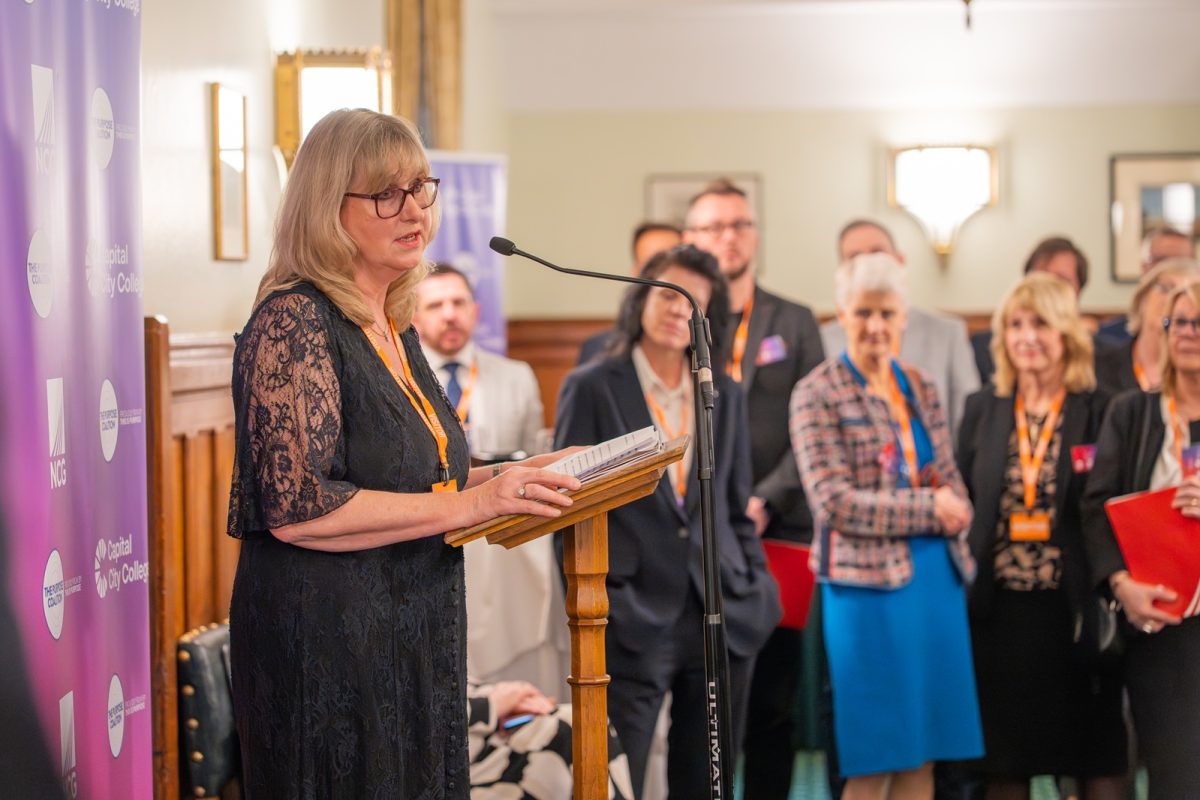GOVERNMENT URGED TO TOUGHEN UP HOME EDUCATION PLANS

The Government’s plans to introduce a compulsory register for home-educated children risk failing children’s safety unless councils are given the powers to enter a premises to check on a child’s schooling, councils warn today.
This comes as the Department for Education has rejected councils’ pleas to have greater oversight over home schooled children, following a consultation over proposals for a register.
The Local Government Association, which represents councils in England and Wales, has long-called for a home education register but warns that the current plans do not go far enough in protecting children and making sure they get a high-quality education.
It is urging the Department to rethink its proposals and grant councils the funding and powers to be able to enter homes or premises where a child is being home-schooled and speak to them.
There are an estimated 57,873 home-educated children across 152 local authorities in England, according to a survey by the Association of Directors of Children’s Services (ADCS).
In some cases, children who are said to be home-schooled are in fact attending illegal schools which can be in dangerous settings or offering unsuitable education. Ofsted estimates there are at least 6,000 children being educated in such schools, which evade inspections that ensure the safety and quality of education for children.
While councils fully support the rights of parents to choose to home educate their child, and recognise that most home-schooling parents are doing an excellent job, there remain concerns for a minority of children who could be at risk of neglect or poor future prospects.
Eight-year-old Dylan Seabridge, who died from scurvy due to severe malnutrition, was unknown to authorities as his parents decided to educate him in their home in rural Wales, and in another case pupils were taken on dangerous hiking expedition by unqualified teachers at an illegal faith school known by the Government for five years.
Chair of the Local Government Association’s Children and Young People Board, Cllr Anntoinette Bramble, said:
“The LGA has long-called for a register of children not in school as this will help councils make sure children are getting a good education and prevent them from disappearing from the oversight of services designed to keep them safe.
“We know that most children get a good education at home and fully support parents’ rights to home-educate their children. But there is a minority of cases where home-schooled children are not receiving a suitable education or being educated in a safe environment. Those children have got to be our priority.
“It is good the Government is introducing a register but this risks failing to protect children unless it goes further. It needs to toughen up its plans and give councils the powers and appropriate funding to enter homes or other premises to speak to children and check their schooling.
“Councils are keen to support families to make sure children get the best possible education, wherever they receive this. However, with children’s services facing a £3.1 billion funding gap by 2025, it is vital that any additional responsibilities for councils are properly funded.”
A Department for Education spokesperson said:
“We have a duty to protect our young people and that’s why our plans for a register of children not in school is so important.
“If there is a concern over the standard of home education a child is receiving local authorities already have substantial powers including being able to request that parents show the education at home is of a good quality. We have published revised guidance, setting out the action councils can take if they have concerns about a child’s education.
“The consultation was wide ranging and we will publish our proposed next steps later this year.”
“Local authorities are able to serve a statutory notice on parents requiring them to satisfy the authority that the education provided at home is suitable, and being able to serve a school attendance order, enforceable in the courts, if the parents do not satisfy the authority. There are also substantial safeguarding powers in the Children Act 1989 if there is a genuine safeguarding concern.”











Responses